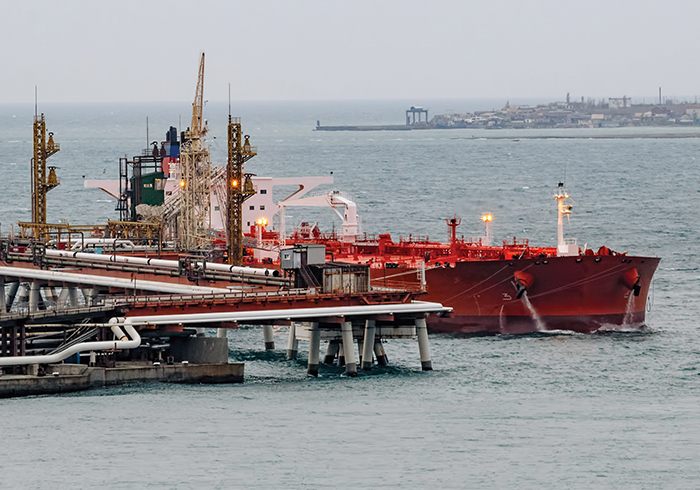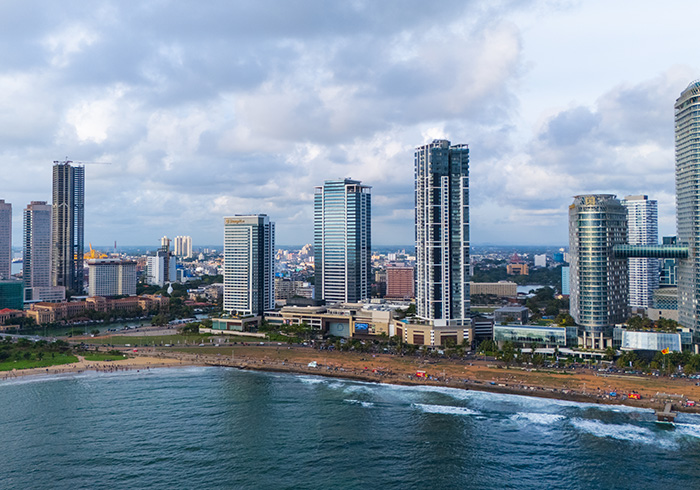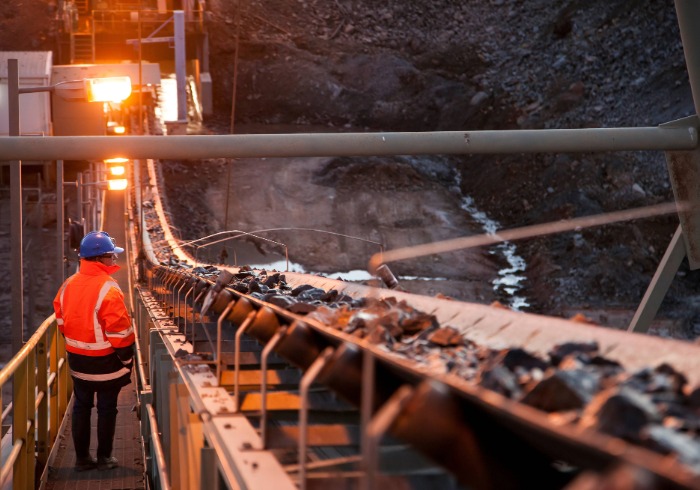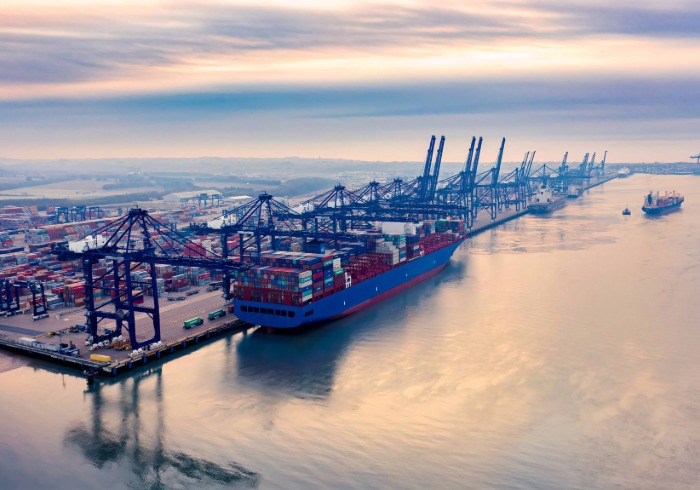EU importers will no longer be permitted to purchase refined fuel from markets such as India and Turkey if it has been produced from Russian-origin crude, part of the bloc’s latest crackdown on Russia’s energy exports.
Western sanctions generally prohibit direct imports of Russian oil, but do not ban fuel products made from Russian crude that are refined elsewhere – a situation long described by campaign groups as a “sanctions loophole” that helps fund the Kremlin’s war effort in Ukraine.
But the EU announced on July 20 this practice would be outlawed as part of its latest sanctions package against Russia.
Incoming legislation shows that from January 21 next year, importers of refined fuel will have to provide evidence it was not produced using Russian crude. If fuel is likely produced from Russian crude, banks will be prohibited from financing its trade.
The measures do not apply to imports from Canada, Norway, Switzerland, the UK and US, but will affect countries that have emerged as re-export hubs for Russian-origin products.
Last year, the Centre for Research on Energy and Clean Air (CREA), an independent research organisation, found that three major Indian refineries – Jamnagar, Vadinar and Mangalore – had ramped up imports of Russian crude and were exporting refined products to western markets.
CREA also found that three Turkish ports appeared to be importing Russian fuel that was subsequently delivered to importers in EU member states.
A European Commission spokesperson told GTR in 2023 that this practice “certainly goes against the aim of our sanctions”, but this week’s action is the first legislative move to address it.
Isaac Levi, CREA’s team lead for Europe-Russia policy and energy analysis, says the sanctions package “is one of the strongest yet”. He praised authorities for “finally closing the refining loophole that allowed billions of euros’ worth of Russian-origin oil products to flow into Europe”.
The EU has also taken action against individual companies, including India-based Nayara Energy Limited, which operates the Vadinar refinery.
The refinery is 49% owned by Russian state-owned oil company Rosneft and is a “major refiner” of Russian-origin crude oil, meaning Nayara Energy is involved in providing “a substantial source of revenue” to the Kremlin, the EU says.
Bloomberg reported this week that immediately following the EU designations on Sunday, oil tanker Talara abandoned plans to collect a cargo of fuel from Nayara Energy and performed a u-turn away from Vadinar port.
“Sanctioning India’s Vadinar refinery – part-owned by Rosneft – shows the EU’s new resolve to go after third-country enablers,” CREA’s Levi tells GTR.
However, because the measures have been adopted by the EU but not other G7 members, Levi says “serious loopholes remain”.
“Allied countries like the UK, US, Australia and Canada must act swiftly to also implement stringent measures on the Russian energy sector, such as banning imports of oil products made from Russian crude,” he says.
The EU has also lowered the price cap for Russian crude oil from US$60 per barrel to US$47.60, which it says aligns the rate with current market prices.
Under the regime, western providers such as banks, insurers and shipping companies are prohibited from facilitating any trade in Russian crude unless it is priced below the cap.
The UK announced the same day it was also lowering its cap to the same level, although other jurisdictions that impose the price cap have yet to follow suit.
Other measures taken by the EU include adding an additional 105 vessels to its list of sanctioned entities, part of a gradual crackdown on Russia’s so-called shadow fleet – a large number of vessels used to ship oil without the need for western service providers.
Levi says this action “should have real impact, with CREA analysis showing that on average, vessels sanctioned by the EU witness a 34% drop in the monthly volume of Russian oil unloaded compared to the preceding six-month period”.
The EU also sanctioned Intershipping Services LLC, a UAE-based entity that operates international flag registries in Gabon and Comoros – the first action taken against such a company.
The EU says Intershipping Services has been flagging vessels transporting Russian oil, including those that have “regularly engaged in high-risk shipping practices”.
And the EU has prohibited transactions with financial institutions in other countries that facilitate sanctioned Russian trade, such as those connected to the Russian central bank’s financial messaging system, SPFS.







